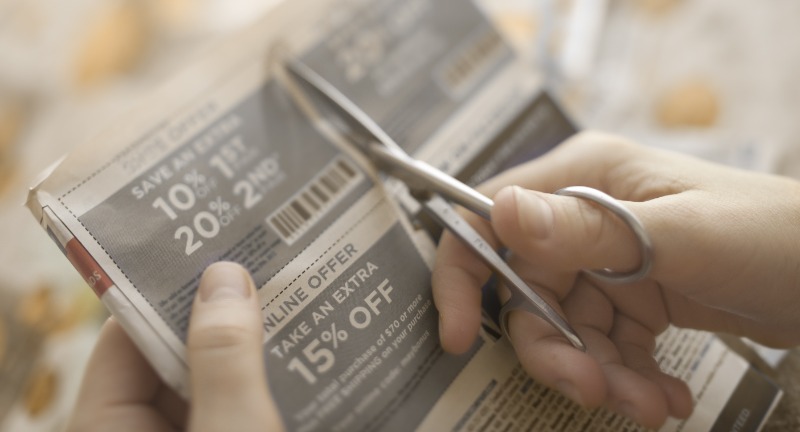
Shutterstock
In the pursuit of frugality, many of us adopt seemingly wise money-saving habits, convinced they will lead to significant savings. However, not all cost-cutting measures are as effective as they seem, some are, in fact, time-consuming distractions that yield minimal benefits.
Let’s take a look at 20 common money-saving habits that may be more trouble than they’re worth. Understanding these pitfalls can help streamline your financial strategy, allowing you to focus on truly effective ways to manage your money.
Clipping Coupons for Unnecessary Items

Shutterstock
Coupon clipping can feel like a savvy way to save, but it often leads to purchasing items you wouldn’t normally buy. The effort spent finding, cutting, and organizing these coupons can be significant, only to end up with products that aren’t truly needed. This practice can actually inflate your spending rather than reduce it, as the allure of a discount tempts unnecessary purchases. A more effective strategy is to focus on coupons for items you regularly use, ensuring real savings.
Driving Across Town for Cheaper Gas
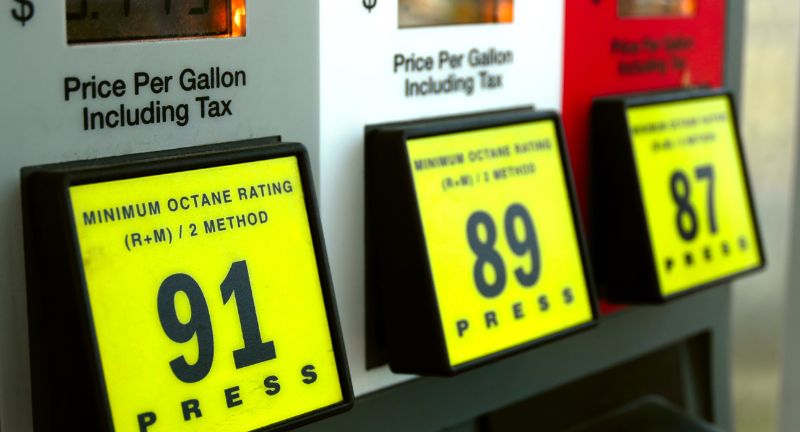
iStock
The idea of saving a few cents per gallon is appealing, but driving across town for cheaper gas can be counterproductive. The fuel used and time spent often offset the minor savings at the pump. Moreover, this habit contributes to wear and tear on your vehicle, potentially leading to higher maintenance costs. Instead, combining errands and using fuel-efficient routes can provide better overall savings.
DIY Repairs Without Proper Skills

Shutterstock
While DIY projects can be rewarding, tackling repairs without the proper skills can lead to costly mistakes. Inexperienced attempts often result in incomplete or incorrect fixes, necessitating professional intervention that could have been avoided. This not only wastes time but can also escalate the original problem, increasing repair expenses. It’s crucial to assess your skills honestly and seek professional help when needed.
Buying in Bulk Without Storage Space
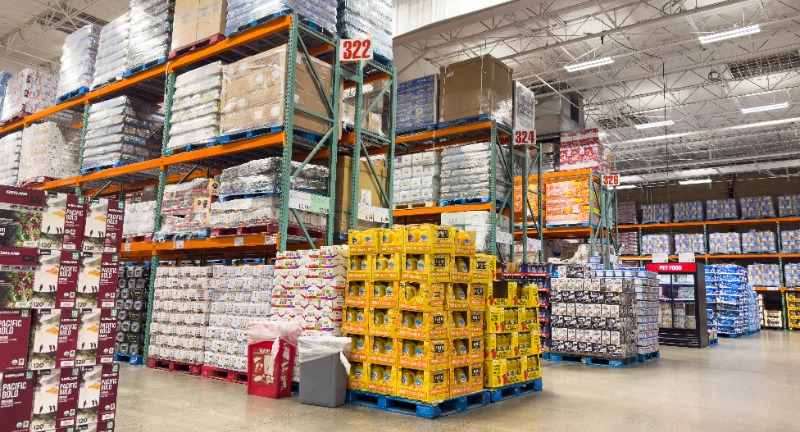
Shutterstock
Buying in bulk is often seen as a money-saving strategy, but without adequate storage, it can lead to waste. Perishable items can spoil before they are used, negating any cost benefits. Additionally, bulk purchases require upfront capital and ample storage, which might not be feasible for everyone. Instead, buying in moderate quantities and ensuring proper storage can be more practical and economical.
Chasing Sales for Items You Don’t Need

Shutterstock
Sales can create a false sense of urgency, pushing people to buy items they wouldn’t otherwise consider. This habit can lead to clutter and increased spending, undermining the intended savings. Often, the thrill of a good deal overshadows the actual value of the purchase, resulting in wasted money and space. It’s better to focus on needs and set a budget, even when faced with tempting discounts.
Using Multiple Credit Cards for Rewards
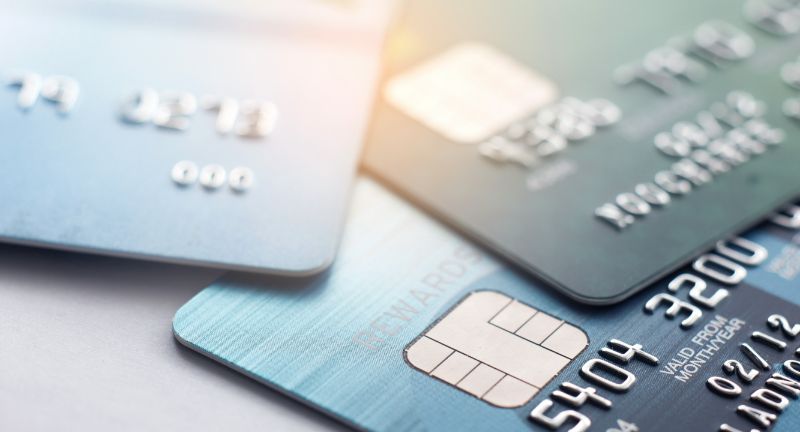
Shutterstock
The allure of credit card rewards can lead to managing multiple accounts, which can be more hassle than benefit. Tracking spending across different cards, understanding varying rewards structures, and keeping up with payments can be overwhelming. Missed payments or overspending can lead to debt, negating any rewards earned. Simplifying credit card use to a few well-chosen options can help maintain control over finances and maximize rewards.
Driving Long Distances for Sales

iStock
Traveling long distances for a sale might seem worth it for significant discounts, but it rarely is. The costs of fuel and time, along with the potential for impulse buys, often outweigh the savings. This practice also increases wear on your vehicle, potentially leading to higher maintenance costs. Shopping locally or online can provide comparable deals without the additional expenses and effort.
Over-Emphasizing Homemade Solutions

Shutterstock
DIY solutions for cleaning or beauty products can save money but are often less effective than commercial alternatives. Overusing these homemade products can result in more frequent applications and increased usage, which can end up costing more in the long run. Additionally, the time and effort spent making these solutions can outweigh the financial benefits. Balancing homemade solutions with reliable store-bought options can provide better results.
Avoiding Necessary Medical or Dental Check-Ups

Shutterstock
Skipping regular medical or dental check-ups to save money can lead to more serious health issues and higher costs in the future. Early detection and treatment are often more affordable and effective, preventing the escalation of minor problems into major ones. This habit can also compromise your overall well-being, affecting your quality of life and long-term finances. Investing in preventive care is a prudent approach to maintaining health and avoiding hefty medical bills.
Buying Cheap Clothes

Shutterstock
Opting for cheap clothing might seem like a good way to save, but it often leads to quicker wear and tear. Low-quality materials and poor construction result in garments that need to be replaced frequently, negating any initial savings. Additionally, cheap clothes can be uncomfortable and may not last through many washes. Investing in higher-quality clothing that lasts longer can be more economical and environmentally friendly in the long run.
Reusing Old Technology
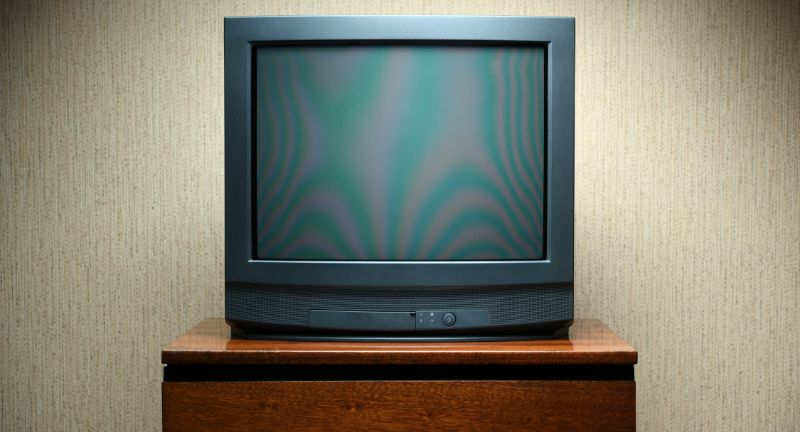
Shutterstock
Holding onto outdated technology can hinder productivity and efficiency. Old devices may not support the latest software or security updates, making them slow and potentially vulnerable to cyber threats. This can lead to frustration and lost time, as well as increased costs for repairs and replacements. Regularly updating technology, even if it’s a moderate investment, ensures better performance and longer-term savings.
Using Public Transport to Save on Parking
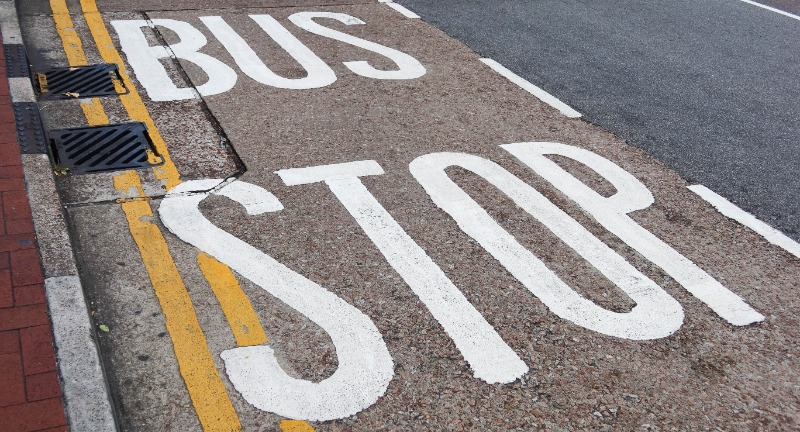
Shutterstock
While using public transport can save on parking fees, the extra time spent commuting can outweigh these savings. Delays, crowded vehicles, and inconvenient schedules can make this option less appealing and productive. Additionally, the cost of public transport can add up, especially if it’s not significantly cheaper than parking. Balancing convenience and cost is key to determining the best commuting option.
Growing Your Own Food Without Experience
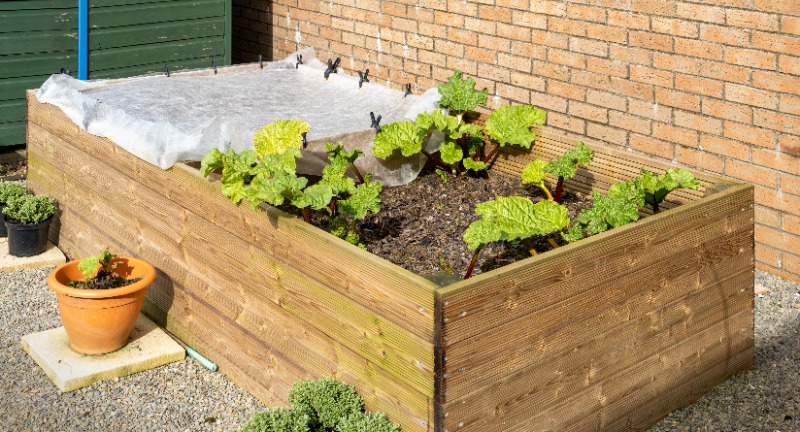
Shutterstock
Growing your own food can be rewarding, but it requires time, knowledge, and suitable conditions. Without proper experience, you may encounter challenges such as pests, poor soil, or incorrect planting techniques, resulting in low yields. The initial costs of seeds, tools, and supplies can also add up, making it a less cost-effective endeavor than expected. Starting small and learning gradually can help minimize risks and improve the chances of success.
DIY Car Maintenance Without Knowledge
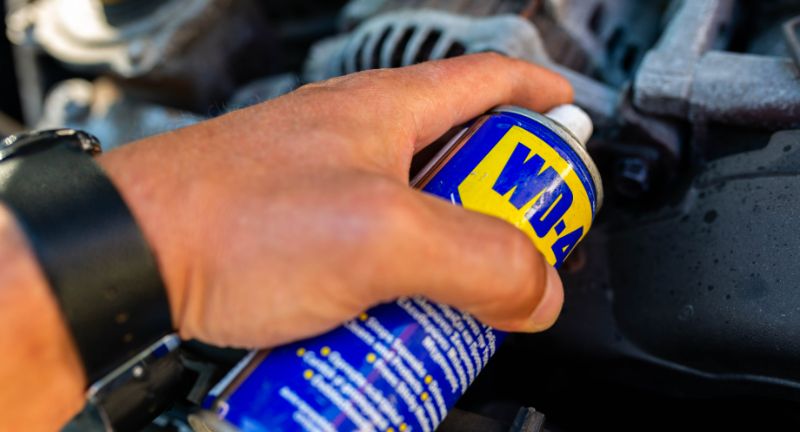
Shutterstock
Performing car maintenance yourself can save money, but without proper knowledge, it can lead to serious mistakes. Incorrect maintenance can cause further damage to the vehicle, leading to expensive repairs or safety hazards. It’s important to know your limits and leave more complex tasks to professionals. Regular, professional maintenance can ensure your car’s longevity and performance, ultimately saving money.
Eating Out to Use Restaurant Coupons

Shutterstock
Using restaurant coupons might seem like a smart way to save on dining out, but it can encourage unnecessary spending. Often, these coupons require a minimum spend or are only applicable to specific items, leading you to order more than intended. The habit of dining out frequently can also be more costly than cooking at home, even with discounts. Cooking meals at home is generally a healthier and more economical choice.
Excessive DIY Gift Making

Shutterstock
Handmade gifts are thoughtful, but they can be time-consuming and sometimes more expensive than store-bought alternatives. The cost of materials and the time invested in creating the perfect gift can exceed the price of a purchased item. Additionally, not everyone may appreciate the effort or the final product, especially if it’s not well-made. Balancing DIY with practical and appreciated gifts is often a better approach.
Using Only Cash to Control Spending

Shutterstock
While using cash can help curb overspending, it also limits convenience and the benefits of digital payment methods. Cash transactions don’t earn rewards points or provide a spending history, which can be useful for budgeting and tracking expenses. Moreover, carrying large amounts of cash can be risky and inconvenient. Using a combination of cash and cards, with careful tracking, can provide the best of both worlds.
Buying Generic Brands Without Comparison
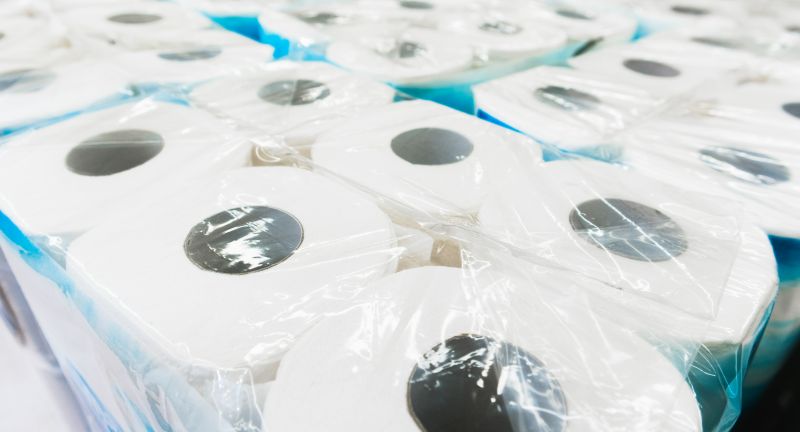
Shutterstock
While generic brands are often cheaper, they aren’t always the best value. Sometimes, name-brand products offer better quality or come with warranties that make them more cost-effective in the long run. Additionally, certain generic items may not perform as well or have the same taste or durability as their branded counterparts. It’s important to compare not just prices but also quality and features to ensure you’re getting the best deal.
Buying Cheap Appliances

Shutterstock
Investing in cheap appliances can seem like a good way to save money, but it often results in frequent repairs or replacements. Low-cost appliances typically have shorter lifespans and may lack energy efficiency, leading to higher operating costs. Over time, these additional expenses can exceed the cost of a higher-quality, more durable appliance. It’s wise to research and invest in reliable appliances that offer long-term savings and performance.
Skipping Vacations to Save Money

Shutterstock
Avoiding vacations to cut costs can have negative effects on mental health and productivity. Regular breaks are essential for well-being and can lead to better job performance and satisfaction. Additionally, travel doesn’t have to be expensive; budget-friendly options can provide the same rest and relaxation benefits. Prioritizing mental health and taking planned, affordable vacations can be a valuable investment in overall quality of life.
Conclusion
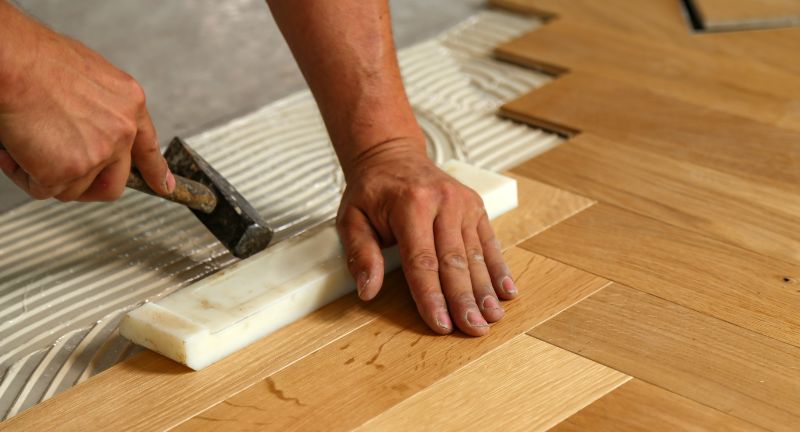
Shutterstock
In the quest to save money, it’s crucial to differentiate between habits that genuinely contribute to financial well-being and those that merely consume time and resources. By recognizing and eliminating these inefficient practices, we can redirect our efforts toward more impactful strategies that offer real value. Ultimately, smart money management is about balancing time and cost-effectiveness to enhance our quality of life. As we streamline our habits, we not only save money but also reclaim valuable time and peace of mind.

 Entertainment3 weeks ago
Entertainment3 weeks ago
 Celebrity News6 days ago
Celebrity News6 days ago
 Celebrity News6 days ago
Celebrity News6 days ago
 Celebrity News1 month ago
Celebrity News1 month ago
 News6 days ago
News6 days ago
 Entertainment2 days ago
Entertainment2 days ago
 Celebrity News3 weeks ago
Celebrity News3 weeks ago
 Entertainment3 weeks ago
Entertainment3 weeks ago

































